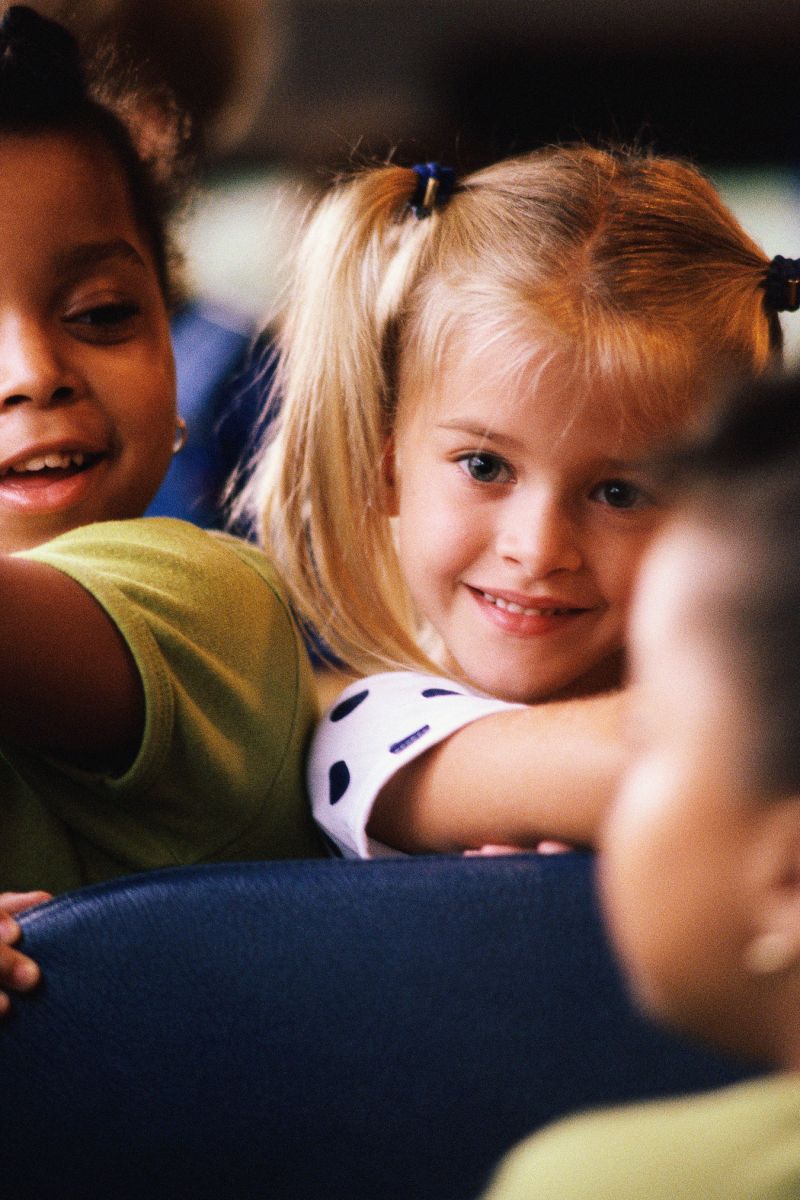Remember this...
For a classroom to be considered a regular early childhood program under the IDEA, at least 50% of the children participating in the setting must be nondisabled, and the majority (50% or greater) of special education and related services provided to a child with a disability must be in this setting.
Key questions for a team discussion about NE/LRE options

1. Is the child currently in an early childhood setting(s) with peers without disabilities?
Solicit parental input about any early childhood setting(s) on the NE/LRE Community Circle on the NE/LRE Decision Making Map where a child currently spends time outside his or her home.
Consider nearby family and center-based childcare, Head Start, Judy Centers or private preschool programs.
If the child is not participating in early childhood setting(s) with peers without disabilities, ask family members which setting(s), as close as possible to their home, could be considered.
2. What are the educational and non-academic benefits from participating in a community early childhood setting vs. a separate special education class or program?
- How could a child’s Extended IFSP outcomes or IEP goals be addressed in the various early childhood settings on the NE/LRE Community Circle , as close as possible to his or her home?
- Consider how supplementary aids, services, supports, modifications and accommodations could help a child reach identified outcomes/goals and interact with peers without disabilities.
- Solicit observations from parents and other key adults about how supplementary aids etc. have helped a child participate in community programs, neighborhood social events, playground, and at home.
3. Could early intervention or preschool special education and related services be provided in the community early childhood setting(s) considered for the child?
- Review evaluation data and the child’s present levels of academic achievement or functional performance, if there is a current IEP or IFSP.
- Consider which supplementary aids, services, modifications and accommodations are needed to support the child’s education and participation in the community early childhood settings.

